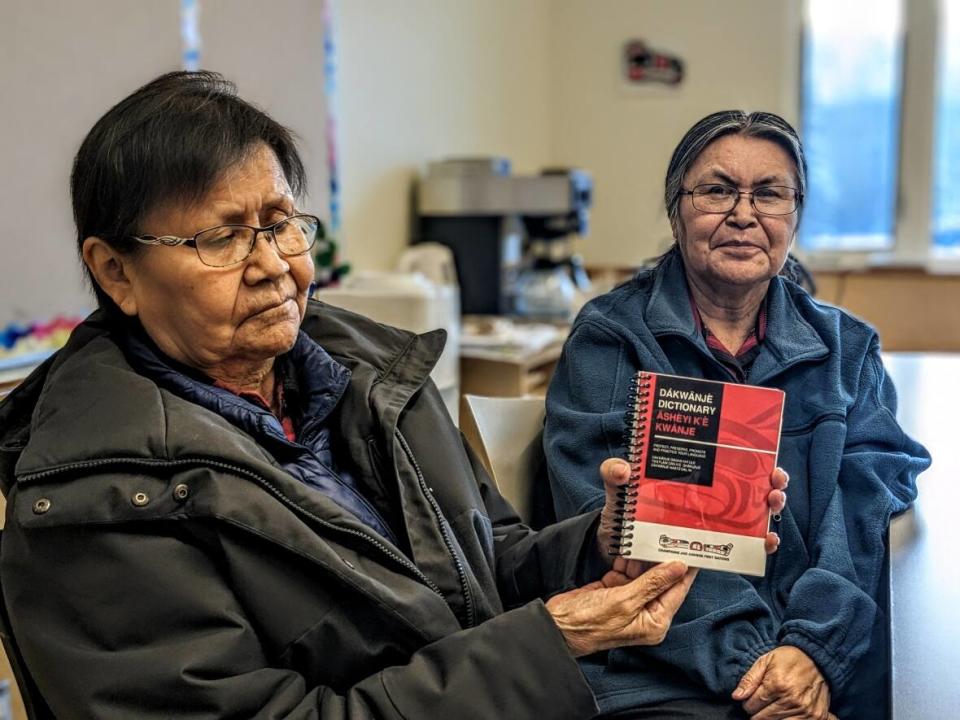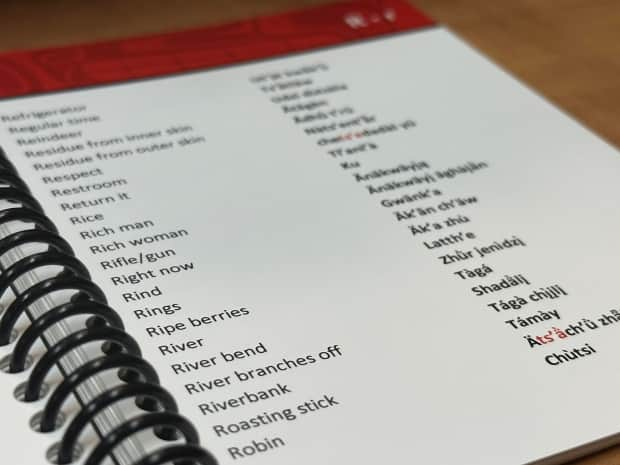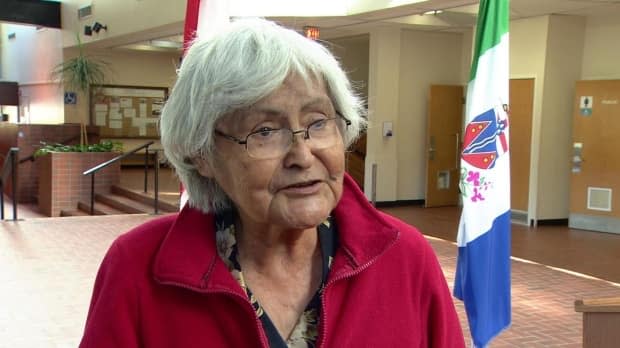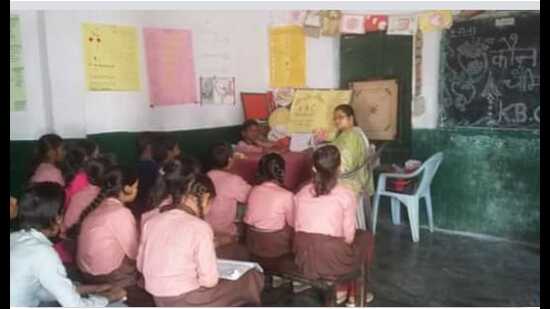
2. Qabar by @krmeera1 , translated by Nisha Susan (Malayalam)@EkaWestlandhttps://t.co/iGf1RbPtRl pic.twitter.com/MP5EOidZhF
— Chittajit 🏳🌈 (@cjmitra) January 11, 2022
4. Do Not Go to the Jungle by Shihabuddin Poithumkadavu, translated by J. Devika (Malayalam)@EkaWestlandhttps://t.co/VxJDbFFMqY pic.twitter.com/LuIUcx37nI
— Chittajit 🏳🌈 (@cjmitra) January 11, 2022
6. Rohzin by @rahman184 , translated by @TheBoltiAurat (Urdu)@PenguinIndiahttps://t.co/jn92BPAVZG pic.twitter.com/7fxQeK7UVQ
— Chittajit 🏳🌈 (@cjmitra) May 11, 2022
8. Battles of Our Own by Jagadish Mohanty, translated by Himansu S. Mohapatra & Paul St-Pierre (Odia)@PenguinIndia https://t.co/Ppda7TF2fN pic.twitter.com/wJ0gPhPgGq
— Chittajit 🏳🌈 (@cjmitra) May 11, 2022
10. Hymns in Blood by Nanak Singh, translated by @navdeepsuri (Punjabi)
— Chittajit 🏳🌈 (@cjmitra) May 11, 2022
@HarperCollinsINhttps://t.co/19dpxuCvTE pic.twitter.com/4fePyJmEXP
12. Vultures by Dalpat Chauhan, translated by @DrHemangDesi (Gujarati)https://t.co/D2gMEddZgL pic.twitter.com/zp5F9IoVHM
— Chittajit 🏳🌈 (@cjmitra) May 11, 2022
14. Malloban by Jibanananda Das, translated by Rebecca Whittington (Bangla)@PenguinIndia https://t.co/BPoyT27cvG pic.twitter.com/3QqC5YFRB5
— Chittajit 🏳🌈 (@cjmitra) May 11, 2022
16. The Paradise of Food by @khalid_jawed , translated by @BaranFarooqi (Urdu)@juggernautbooks https://t.co/7pk1h2ZcMl pic.twitter.com/MmU39qDtGU
— Chittajit 🏳🌈 (@cjmitra) May 11, 2022
18. The Greatest Kashmiri Stories Ever Told selected & translated by Neerja Mattoo (Kashmiri)@AlephBookCo https://t.co/TBqnu1DK2N pic.twitter.com/DFRdOqlUd1
— Chittajit 🏳🌈 (@cjmitra) May 11, 2022
20. Sin by Wajida Tabassum, translated by @ReemaAbbasi (Urdu)@HachetteIndia https://t.co/unDDETz9lj pic.twitter.com/83FfnUfZ8I
— Chittajit 🏳🌈 (@cjmitra) May 11, 2022
22. The Greatest Telugu Stories Ever Told selected & translated by Dasu Krishnamoorty & @TamraparniDasu @AlephBookCo https://t.co/mTPBLmMGI3 pic.twitter.com/JunUFz8roy
— Chittajit 🏳🌈 (@cjmitra) May 12, 2022
24. Four Chapters by Rabindranath Tagore, translated by @radhachakravar2 (Bangla)@PenguinIndia https://t.co/uxtlvbnMBe pic.twitter.com/TQXH4dN5xy
— Chittajit 🏳🌈 (@cjmitra) May 14, 2022
26. Dream Factory by Sujatha, translated by @madversity (Tamil)
— Chittajit 🏳🌈 (@cjmitra) May 14, 2022
@HarperCollinsIN https://t.co/ftPpgxNsFF pic.twitter.com/Yju8HCiTSy
28. The Areca Nut Tree & Other Stories selected & translated by Ranjita Biswas (Assamese)@Vitastapublish https://t.co/5vWYCEKX2a pic.twitter.com/FKCa7JbBbe
— Chittajit 🏳🌈 (@cjmitra) May 15, 2022
30. Meeran's Stories by Thoppil Mohamed Meeran, translated by Prabha Sridevan (Tamil)@RatnaBooks https://t.co/X7vVAG6hDG pic.twitter.com/Pa7yncjnPK
— Chittajit 🏳🌈 (@cjmitra) May 16, 2022
32. Chellammal's Journal: A Memoir, translated by Kanchana Viswanathan (Tamil)
— Chittajit 🏳🌈 (@cjmitra) May 19, 2022
@yodapresshttps://t.co/bsAnGUsBGM pic.twitter.com/klU2ULeCAm
34. Tales from the Kathasaritsagara by Somadeva, translated by Arshia Sattar (Sanskrit)
— Chittajit 🏳🌈 (@cjmitra) June 1, 2022
@HarperCollinsIN https://t.co/OLdLbHyQ7G pic.twitter.com/ngQICUoZT8
36. Gabbilam: A Dalit Epic by Gurram Jashuva, translated by @cjangam (Telugu)@arpitayodapress https://t.co/HgGKeVklar pic.twitter.com/S46NQXgBZy
— Chittajit 🏳🌈 (@cjmitra) June 1, 2022
38. Essays of U Ve Sa translated by Prabha Sridevan & @Pradeepthinks (Tamil)@niyogibooks https://t.co/daBDvdOKLr pic.twitter.com/Wt53YYqjTy
— Chittajit 🏳🌈 (@cjmitra) June 9, 2022
40. Hitopadesha by Narayana, translated by Shonaleeka Kaul (Sanskrit)@AlephBookCo https://t.co/cp1O4mBBCc pic.twitter.com/REFa5Yx7SA
— Chittajit 🏳🌈 (@cjmitra) June 9, 2022
42. The Dreams of a Mappila Girl by B. M. Zuhara, translated by @FehmidaZakeer (Malayalam)@arpitayodapress @SAGEPubIndia https://t.co/wTfl1mqrlm pic.twitter.com/QofyaAaWbW
— Chittajit 🏳🌈 (@cjmitra) July 3, 2022
44. Pebble Monkey by Manindra Gupta, translated by @arunava (Bangla)@ju_press https://t.co/D5dB6EG1NS pic.twitter.com/xiCP8D5df6
— Chittajit 🏳🌈 (@cjmitra) July 4, 2022
46. Stories of the True by Jeyamohan, translated by @priyamvada_ram (Tamil)@juggernautbooks https://t.co/rynGIAxMZ0 pic.twitter.com/6fmKr0IWmD
— Chittajit 🏳🌈 (@cjmitra) July 19, 2022
48. Jezebel by @krmeera1 , translated by @quote_hanger & @Biju_Ooramana (Malayalam)@PenguinIndia https://t.co/Bf0Ex27CRl pic.twitter.com/Ro31VeRHdE
— Chittajit 🏳🌈 (@cjmitra) July 23, 2022
50. Temple Lamp: Verses on Banaras by Mirza Ghalib, translated by @Maazme (Persian)@PenguinIndia https://t.co/b8O8NT3d52 pic.twitter.com/6SoNThMVeU
— Chittajit 🏳🌈 (@cjmitra) August 5, 2022
52. Banaras Talkies by @satyavyas11 , translated by @himaandyellow (Hindi)@PenguinIndia https://t.co/6x08V3SPB5 pic.twitter.com/WzTgrq5cOi
— Chittajit 🏳🌈 (@cjmitra) August 9, 2022
54. A Cry in the Wilderness : The Works of Narayana Guru, translated by Vinaya Chaitanya (Malayalam, Tamil and Sanskrit)
— Chittajit 🏳🌈 (@cjmitra) August 23, 2022
@HarperCollinsIN https://t.co/s3ln65W8rP pic.twitter.com/4s2cUpNmYh
56. In Defiance: Our Stories -Short Fiction by Dalit Writers, translated by Malini Seshadri & V Ramakrishnan (Tamil)@Vitastapublish https://t.co/4Fq922tK79 pic.twitter.com/m32W46nYpy
— Chittajit 🏳🌈 (@cjmitra) August 23, 2022
58. Sone Chandi ke Buth by K.A. Abbas, edited and translated by @syeda__hameed & Sukhpreet Kahlon (Urdu)@PenguinIndia https://t.co/z2RsroeJcc pic.twitter.com/rkL0oUgUAh
— Chittajit 🏳🌈 (@cjmitra) October 4, 2022
60. Birthing Hut & Other Stories by @ThamizhachiTh , translated by V. Bharathi Harishankar (Tamil)@Vitastapublish https://t.co/H9l9zRgPp6 pic.twitter.com/874aj7CO3b
— Chittajit 🏳🌈 (@cjmitra) October 19, 2022
62. Hazaar Rang Shaairi: The Wonderful World of the Urdu Nazm selected, edited & translated by Anisur Rahman (Urdu)
— Chittajit 🏳🌈 (@cjmitra) November 6, 2022
@HarperCollinsIN https://t.co/bKhJ36fMuS pic.twitter.com/G384PCPBNH
64. Haidakhan Baba : My Years with the Himalayan Mystic by Vijay Gupta, translated by Namita Kala (Hindi)
— Chittajit 🏳🌈 (@cjmitra) November 6, 2022
@HarperCollinsINhttps://t.co/26hiy3yMAe pic.twitter.com/zzQpD3zAKr
66. The Book of Bihari Literature edited by @theabhayk , translated by multiple translators (Pali, Sanskrit, Prakrit, Maithili, Farsi, Bhojpuri, Hindi, Urdu, Bajjika, Magahi, Angika)
— Chittajit 🏳🌈 (@cjmitra) November 23, 2022
@HarperCollinsIN https://t.co/nRXeTE7Mqi pic.twitter.com/6DKlLGFfSb
68. The Speaking Constitution by K.G. Kannabiran, translated by @KK_Kannabiran (Telugu)
— Chittajit 🏳🌈 (@cjmitra) November 25, 2022
@HarperCollinsIN https://t.co/WjVMiDqFRx pic.twitter.com/8vKQc3Zw0C
70. Daaera (The Circle) : Kaifi Azmi, edited by @Javedakhtarjadu , translated by Mir Ali Husain (Urdu)@EkaWestland @WestlandBooks https://t.co/ZSo6EgcxKJ pic.twitter.com/2Di32HitN2
— Chittajit 🏳🌈 (@cjmitra) November 25, 2022
72. Lost Paradise: Selected Ghazals by Muneer Niazi, translated by Amitabha Bagchi (Urdu)@juggernautbooks https://t.co/3uqOSoKnTX pic.twitter.com/xYQxknE4C4
— Chittajit 🏳🌈 (@cjmitra) November 30, 2022
74. The Stomach that Chewed Hunger and other stories edited by Bama, translated by Ahana Lakshmi (Tamil)@ZubaanBookshttps://t.co/prlcL09iPX pic.twitter.com/y9xoAVsnEH
— Chittajit 🏳🌈 (@cjmitra) December 22, 2022
76. The Sound of Waves by Kalki, translated by Gowri Ramnarayan (Tamil)@HachetteIndia https://t.co/ESnQB1yYTz pic.twitter.com/6ftnqNuqSx
— Chittajit 🏳🌈 (@cjmitra) December 23, 2022
78. Kalindi (Brahmankanya) by Shridhar V. Ketkar, translated by Shanta Gokhale (Marathi)@speakingtiger14 https://t.co/ygTdTOpDda pic.twitter.com/efzucCwNBN
— Chittajit 🏳🌈 (@cjmitra) December 24, 2022
80. The Greatest Marathi Stories Ever Told selected & edited by @ashpotdar (Marathi)@AlephBookCo https://t.co/V6L4QA8gCI pic.twitter.com/ORQo7t7QmN
— Chittajit 🏳🌈 (@cjmitra) December 26, 2022
82. The Bride by Harimohan Jha, translated by Lalit Kumar (Maithili)
— Chittajit 🏳🌈 (@cjmitra) December 26, 2022
@HarperCollinsIN https://t.co/fsVvLr0Kmu pic.twitter.com/1kb3tNFDQW
84. Chronicles of the Lost Daughters by @Author_debarati , translated by @arunava (Bangla)
— Chittajit 🏳🌈 (@cjmitra) December 28, 2022
@HarperCollinsINhttps://t.co/lKuEx4gwLt pic.twitter.com/1k6alXLMnS
86. Search for a New Land by Abdus Samad, translated by Syed Sarwar Hussain (Urdu)@PenguinIndia https://t.co/a7aMm8pmTt pic.twitter.com/uB4PkhNCbq
— Chittajit 🏳🌈 (@cjmitra) December 28, 2022
88. The Queen of Indian Pop: The Authorized Biography of Usha Uthup by Vikas Kumar Jha, translated by @jha_srishti (Hindi)@PenguinIndia https://t.co/3lcB1rhQ4V pic.twitter.com/D4AN7SXxfg
— Chittajit 🏳🌈 (@cjmitra) December 28, 2022
90. Andhar Bil by Kalyani Thakur Charal, translated by Asit Biswas (Bangla)@ZubaanBooks https://t.co/thXWEQn4aS pic.twitter.com/FTvGqb1XfB
— Chittajit 🏳🌈 (@cjmitra) December 28, 2022
91. Baksa and Other Short Stories by Zakia Mashhadi, translated by multiple translators (Urdu)@nbt_india https://t.co/iteFiaSQO9 pic.twitter.com/zKaqmFqvHk
— Chittajit 🏳🌈 (@cjmitra) December 30, 2022





